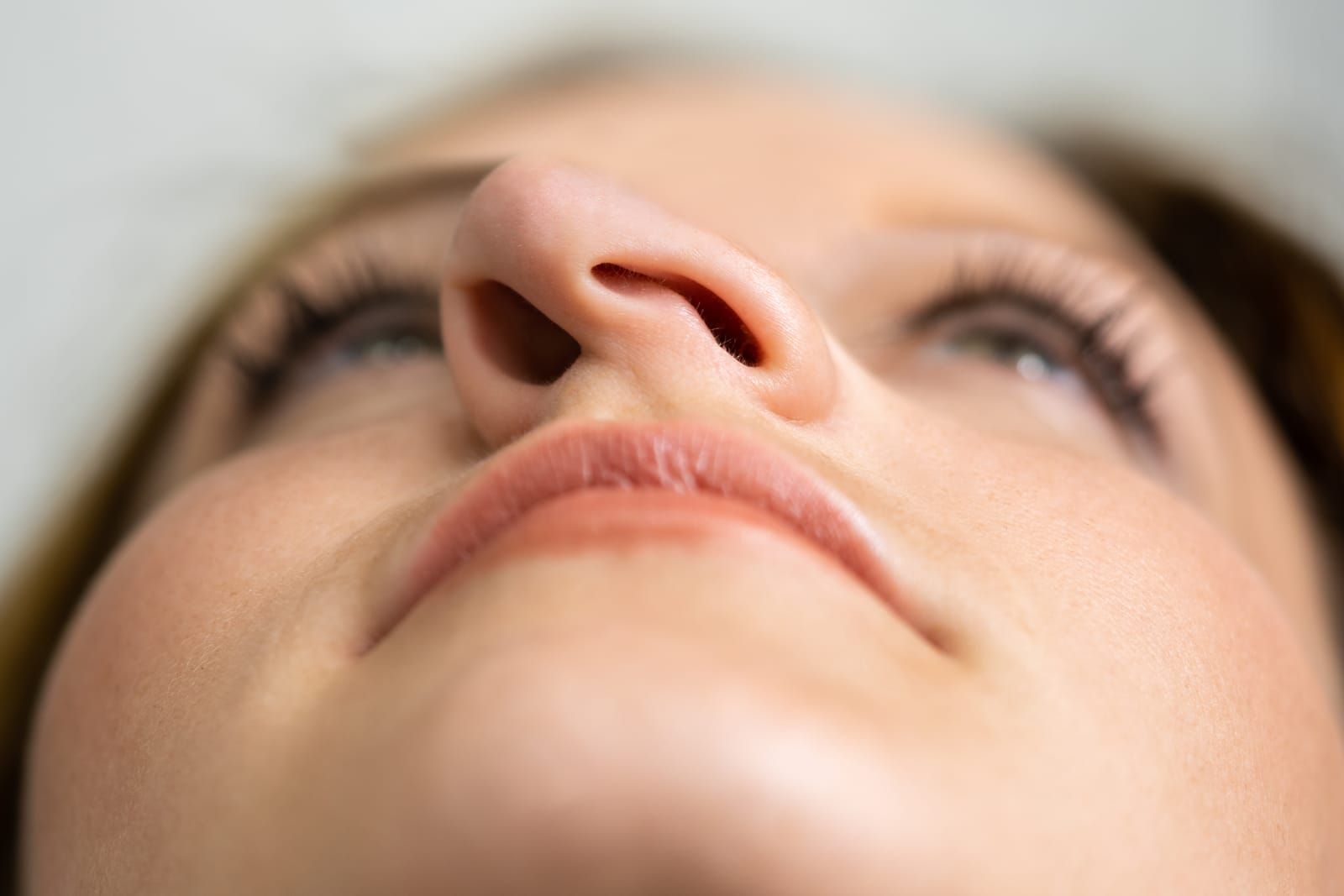How to Stop a Runny Nose
A runny nose, medically referred to as rhinorrhea, is a common condition characterized by the excessive production of mucus from the nasal passages. Mucus is a fluid secreted by the mucous membranes lining the nose and sinuses. It serves as a protective barrier, trapping foreign particles like dust, bacteria, and viruses, and helping to humidify and warm the air we breathe. When the body detects an irritant or infection in the nasal passages, it responds by producing more mucus to flush out the invader. This excess mucus flows out of the nostrils, causing the characteristic runny nose.
What are the Common Causes of Runny Nose?
Approximately 40 million people in the United States deal with the bothersome issue of a runny nose. The common causes of a runny nose include:
- Viral Infections: Such as the common cold or flu.
- Allergies: Reactions to allergens like pollen, dust, pet dander, or mold.
- Sinus Infections: Inflammation or infections in the sinuses.
- Irritants: Exposure to smoke, strong odors, pollutants, or chemicals.
- Weather Changes: Cold weather or dry air can trigger nasal congestion.
- Spicy Foods: Consumption of spicy foods can sometimes cause a runny nose.
- Medications: Side effects of certain medications can lead to nasal congestion.
- Hormonal Changes: Hormonal fluctuations, such as during pregnancy or menstruation, can cause a runny nose.
- Structural Issues: Deviated septum or nasal polyps can result in chronic nasal issues.
- Stress: Emotional stress can sometimes manifest as a runny nose due to changes in the body's response system.
Identifying the specific cause of a runny nose can help in determining the most effective treatment and management strategies.
Symptoms Associated with a Runny Nose
- Excessive Nasal Discharge: Continuous flow of mucus from the nostrils.
- Nasal Congestion: Feeling of blockage or stuffiness in the nasal passages.
- Sneezing: Reflex action to expel irritants from the nasal passages.
- Itchy or Watery Eyes: Common in allergic rhinitis.
- Postnasal Drip: Mucus draining down the throat, leading to throat irritation.
- Sinus Pressure: Feeling of fullness or discomfort in the sinuses.
- Reduced Sense of Smell or Taste: Mucus buildup affecting olfactory senses.
- Coughing: Often due to postnasal drip irritating the throat.
- Headache: Sinus pressure can cause headaches.
- Sore Throat: Irritation from postnasal drip or throat clearing.
These symptoms can vary depending on the underlying cause of the runny nose, such as allergies, infections, or irritants. Proper diagnosis and treatment can help alleviate these symptoms and improve quality of life.
Home Treatments for a Runny Nose
- Stay Hydrated: Drinking plenty of fluids helps thin mucus and promotes drainage, reducing nasal congestion and runny nose symptoms.
- Steam Inhalation: Inhaling steam from a bowl of hot water or using a humidifier can help moisturize nasal passages, ease congestion, and relieve a runny nose.
- Nasal Saline Irrigation: Rinsing the nasal passages with a saline solution can clear mucus, reduce inflammation, and alleviate nasal symptoms.
- Warm Compress: Applying a warm compress over the sinuses can help soothe nasal congestion, decrease swelling, and provide relief from a runny nose.
- Essential Oils: Certain essential oils like peppermint or eucalyptus oil, when diluted and applied topically or diffused, may help alleviate nasal congestion and promote easier breathing.
- Avoid Irritants: Stay away from smoke, strong odors, or pollutants that can worsen congestion.
- Rest and Relaxation: Boost your immune system by resting and reducing stress.
Other Effective Ways to Stop a Runny Nose
Over-the-Counter Medications: Antihistamines, decongestants, and nasal corticosteroids are commonly used to manage allergic rhinitis and reduce nasal symptoms like a runny nose. Additionally, considering allergy drops and allergy shots can be beneficial in desensitizing the body to specific allergens.
Medical Treatments: Procedures like RhinAer or Neuromark disrupt the nerve pathways responsible for triggering runny noses, offering a targeted approach to alleviating this symptom.
Consulting an ear, nose, and throat specialist for personalized treatment recommendations is advisable.
ENT Care Centers is committed to providing outstanding and compassionate care for all your sinus and nasal needs in Louisville, Kentucky, and southern Indiana. Our team of experienced specialists is dedicated to guiding you towards optimal health and well-being. Please feel free to reach out to us with any inquiries or concerns. We look forward to assisting you.













